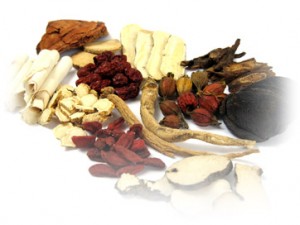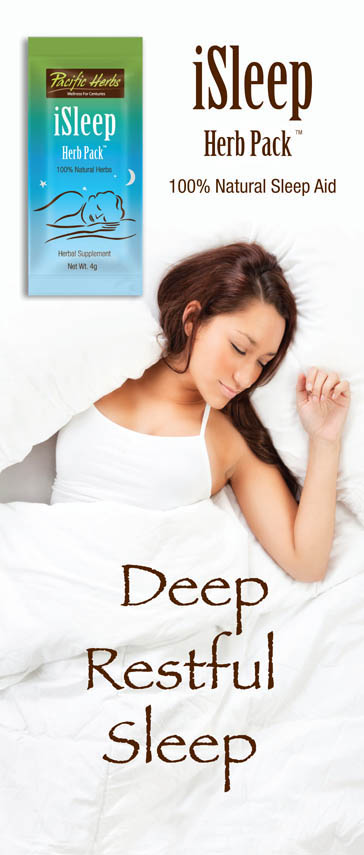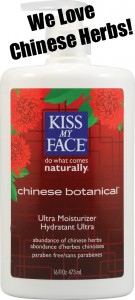The US Food and Drug Administration (FDA) has added all acetaminophen containing products to its quarterly list of products to monitor because of serious risks or new safety information. The side effects include liver disease or liver complications and skin rashes according to the FDA website. (www.FDA.gov)
The quote below is direct from the FDA website:
"What you may not realize is that more than 600 medications, both prescription and over-the-counter (OTC), contain the active ingredient acetaminophen to help relieve pain and reduce fever. Taken carefully and correctly, these medicines can be safe and effective. But taking too much acetaminophen can lead to severe liver damage."
If you are taking a OTC pain reliever like Midol, Tylenol, Premsyn PMS (a brand name of acetaminophen) for menstrual cramps for several days every month then consider other options for your pain. Period pain is often times one of the main reasons young women take OTC pain relievers and they often not understanding the risks. Doubling up on acetaminophen by taking a cold and flu product or drinking alcohol while taking this OTC pain killer can cause serious liver damage.
If you have unrelenting menstrual cramps and period pain each and every month. Run, don't walk to this link and the book, "Stop Your Bitching…naturally! A Step By Step Guide to Balance Your Hormones and End PMS & Menstrual Cramps". You'll have all the answers you need to get off the liver damaging pain killers like acetaminophen.






